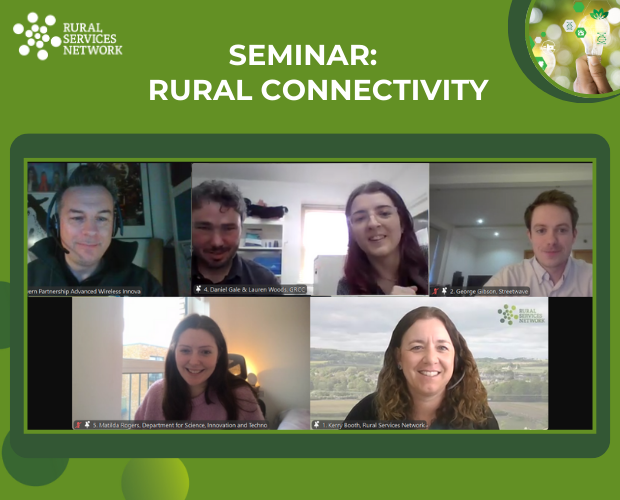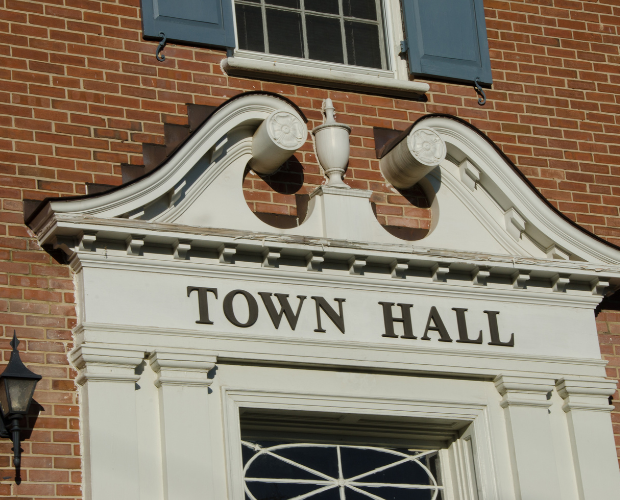T: 01822 851370 E: [email protected]
Lords criticise delays in Countryside and Rights of Way Act 2000

Last week, the government’s Countryside and Rights of Way Act 2000 was heavily criticised in the House of Lords. Baroness Hayman of Ullock submitted a motion calling on the government to address the failing of the Act and criticised the way it had been presented to the House of Lords for scrutiny.
She told the Lords:
“I have laid my Motion to Regret because I believe that proper records of our public rights of way are so important. We know that public rights of way encourage recreation and tourism. In my county of Cumbria, they generate much-needed income in a very rural area. They are also an integral part of our heritage. We also learned, particularly from Covid, of the important role that being in the countryside has in the prevention of ill health, improving well-being and reducing loneliness.
“The National Parks and Access to the Countryside Act 1949 first required local surveying authorities, which are now the county councils and the unitary authorities, to prepare official records of public rights of way. However, the problem has been that those records are incomplete. The Ramblers has provided research—I thank it for its briefing—which suggests that there may be as much as 41,000 miles of unrecorded historical public rights of way in England.
“The Countryside and Rights of Way Act 2000 included provisions for a cut-off date of 1 January 2026 for registering those rights of way. That was subject to some exemptions, after which any remaining unrecorded paths would be lost. The purpose of the regulations we are debating today is to move that cut-off date from 1 January 2026 to 1 January 2031. My Motion regrets that the regulations were laid before Parliament during the Prorogation period, which we consider to be pretty poor form. They are also due to come into force before, we think, the House has had sufficient time to scrutinise them, which is why I wanted the debate today, as much of our time since Prorogation has been taken up with the debates on His Majesty’s gracious Speech. Can the noble Lord, Lord Benyon, say why the decision was made to lay the regulations during this time?”
She went to express concerns about the local of public consultation on the policy and when on to ask the government to clarify if:
“they expect the existing backlog of applications relating to unregistered rights of way to be cleared before the deadline contained in the revised regulations.”
She also asked the government what it intended to do to:
“support the work of local surveying authorities and the voluntary sector to make progress in researching, submitting and determining applications? This is a huge amount of work.”
A parallel motion was also submitted by Lord Hodgson of Astley Abootts who was involved in the Bill when it first came to the House of Lords. He said:
“At the heart of my regret Motion is concern about performance and how we instil a sense of urgency in this issue. How do interested parties monitor the progress—if any? We have this debate today and my noble friend, in winding up, will no doubt give us enthusiastic and encouraging words that we will all be pleased to hear. We will then go on our way, and the danger is that the status quo will prevail.
“How might performance—actual and relative—in different local authorities be measured? How, as a result, might a certain amount of pressure be supplied to the laggards? There is a wonderful new body called Oflog—the Office for Local Government—which might have an important role to play….If, as I fear, my noble friend the Minister is unable to say in his reply that he is already on the case and Oflog is the answer, could he give the House undertakings that he will examine the possibility of Oflog being used in this case; and that he will write to all Members of your Lordships’ House who have participated in the debate as to what progress has been made and what the results of those discussions were?”
He concluded by saying
“the network of footpaths in England and Wales is a unique and irreplaceable resource. We surely have to use the next five years to establish an approach that will preserve it for future generations.”
In response, the Minister for State for DERA, Lord Benyon (Con) defended the government’s actions and highlighted the good work the government has done on public rights of way, including the new King Charles III England Coast Path. He also addressed a number of the points that had been raise and concluded by saying:
“We recognise the benefits that our rights of way reforms will bring, and are working to complete and lay the necessary secondary legislation as soon as we can. Officials will continue to work closely with key stakeholders, including Members of this House, to ensure that all sides will benefit from these reforms… I recognise that a great many other points were raised. I do not believe I have the opportunity to answer them all in detail, but I will reply in letter form, if I may. I thank noble Lords for their attention. I hope that what I have said has persuaded the Members who tabled these Motions of this Government’s commitment to greater access and to seeing historic paths recorded.”
In response Baroness Hayman said:
“When the Minister started, I thought perhaps he had listened to the debate and seen the light, as he seemed so keen on rights of access and preserving public rights of way. It was disappointing that he then went on to not acknowledge the challenges facing local authorities and voluntary groups to manage the task ahead of them. On the consultation point, I recognised in my speech that the cut-off date could not be postponed beyond 2031, but consultation does not have to be just about timing. It could have looked at exemptions and resources, and considered that as part of a wider consultation on the matter. But I hope the debate will enable the Minister to focus on the task ahead and keep a close watch on progress, because that is what we all want. Having said that, I beg leave to withdraw my Motion.”
SIGN UP TO OUR NEWSLETTER
Sign up to our newsletter to receive all the latest news and updates.









